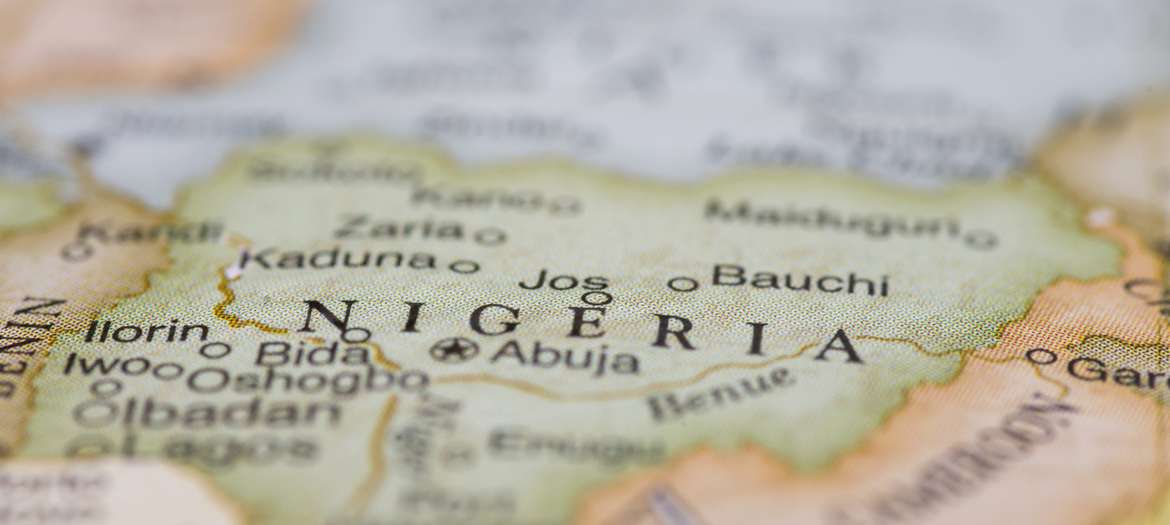Indorama Eleme Petrochemicals Limited is a Nigerian manufacturer of plastic goods like low-density polyethylene (LDPE) and high-density polyethylene (HDPE). In 2020, they decided to engage Thermax to retrofit the gas turbines at their production plant with HRSGs, so that they would work more efficiently and require less fuel. The hot turbine exhaust gases that power the HRSGs lead to thermal expansion in the duct system. To compensate this, Thermax required fabric expansion joints that can permanently withstand high temperatures.
Gas turbine exhaust gases can become as hot as 600 °C. Instead of discharging the gases into the atmosphere, they can be used to generate electric power with the help of HRSGs. Here, heat energy is extracted from the exhaust gases to power a steam generator and generate electricity. This way, more energy can be extracted from natural resources, resulting in increased resource productivity, cost savings and a reduced environmental footprint. The HRSGs deployed at Indorama Eleme Petrochemicals are equipped with fabric expansion joints at every segment after the diffusor: At the damper inlet, damper outlet, bypass stack, HRSG inlet, HRSG outlet and stack inlet.
Applications ranging from plastic bags to 3D printers
The polyethylenes that are produced in petrochemical plants play an important role in our everyday lives. Distinctions between different kinds of polyethylenes can be made on a molecular level. In contrast to high-density polyethylene (HDPE), which only shows minimal branching, the molecular chains of low-density polyethylene (LDPE) are strongly branched. This results in materials with different properties that can be used in different applications. LDPE is light, flexible and therefore ideal for plastic bags and packaging. HDPE on the other hand is more rigid and heat-resistant. It is used in toys, plastic chairs and other products where longevity is key. More recently, HDPE is also becoming popular as filament for 3D printing.






